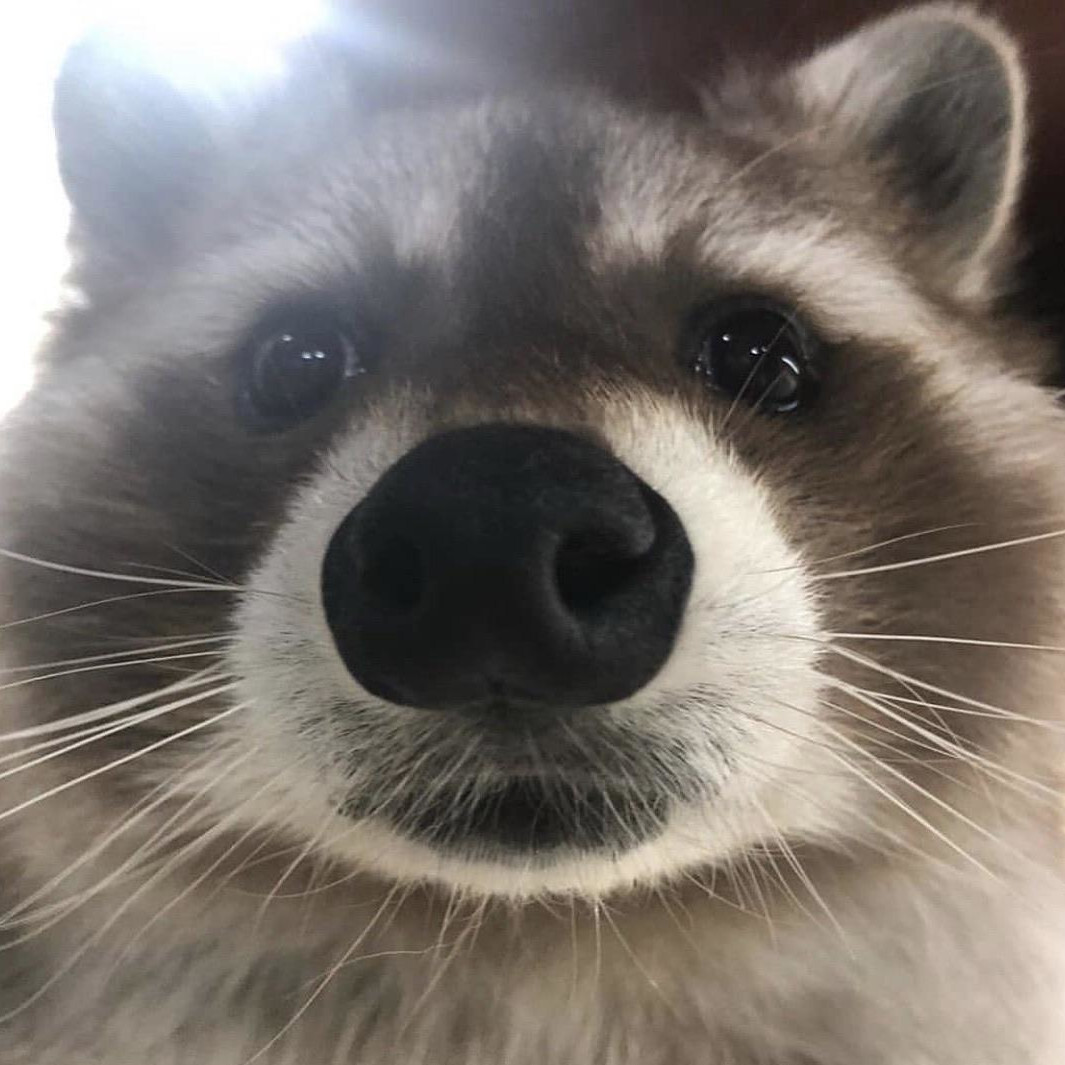In 2022, Jason M. Allen of Pueblo West, Colorado, an executive at a tabletop gaming startup, took home first place in the Colorado State Fair’s annual digital art contest. His piece, Théâtre d’Opéra Spatial (top), had been created using Midjourney, something that angered many artists.
“Stealing” “his” “work”
“people”, not “companies”. Given that he uses AI, he’s obviously ok with companies stealing it.
If you want to copyright the prompt, go right ahead. As far as I’m concerned that’s fair game; though I still think you’re a dumbass for getting mad about it.
As for the image? Fuck off. You can convince people that AI is capable of original works, or you can convince people that AI is nothing but a tool to remix and mashup other people’s artwork.
If you do the former, then the AI is the one that should receive copyright, not you. If the AI wants to then sell or transfer the copyright to you, then it’s free to do that… Except AI can’t hold copyright because there’s no evidence that it is intelligent enough to do so.
As for the latter? You’d better start going through your training set to make sure none of the trained images exist in the final image in a large enough capacity to be considered infringing. Otherwise, you may be liable for copyright infringement.
Either way, go fuck yourself.
You can convince people that AI is capable of original works, or you can convince people that AI is nothing but a tool to remix and mashup other people’s artwork.
What is original and what is a remix and mashup of other people’s artwork? For every example of “original artwork” you could provide, I can show you how it’s derivative of other people’s artwork.
We’ve been copying and remixing creative ideas for centuries. There’s no such thing as “original works”.
I’ll throw you a bone and say that, if/when AGI rolls around, I’ll be more than happy to extend concepts like creativity and artistic ability to it. I’ll throw you another bone and say you’re technically not wrong either.
The question I’ve come to is less about what is “original vs remix”, and instead, “sapience vs machine intelligence”. If sentience is the ability for an individual to say, “I think, therefore I am”, then sapience is the ability for an individual to figure out that “I think, therefore I am”. Furthermore, in this context I define “machine intelligence” as something artificially created which demonstrates elements of sentience or even sapience but fails to meet all the criteria that we would consider necessary for human intelligence (basically machine intelligence is “fake” intelligence).
AI at its current state appears to be nothing more than machine intelligence. It looks cool, it can fool you pretty good, however, in the end it appears to be about as conscious and self-aware as a jellyfish or siphonophore.
Furthermore, the AI doesn’t have the ability to create unique experiences. It doesn’t have the ability to walk out the door, drive down the street, walk into a surf shop and buy a surfboard. Even if we say, “putting it in a robot is too hard, we’ll just put it in VRChat instead”, I still have strong doubts about whether or not the AI is actually experiencing anything.
I mean, it can’t even learn from itself without human intervention ffs. Unlike a human, you can’t train an AI while it’s running. Unlike an AI, humans don’t ever fully shut off until we’re dead (no, your brain doesn’t turn off when you sleep; if it did then you’d literally be dead).
So you’re not technically wrong, but at the same time AI brings nothing new to the table. It doesn’t have new experiences it can mix in with the artwork it was trained on, nor is there evidence that it’d be able to control or shape what it experiences. While I hesitate to attach the physical act of creation to the concept of creativity (I consider creativity to be separate from artistic skill), a large part of creativity is coming up with something new based on a combination of your own experience and the experiences of others. Whether or not you act on your creativity and how well you execute your idea is immaterial.





